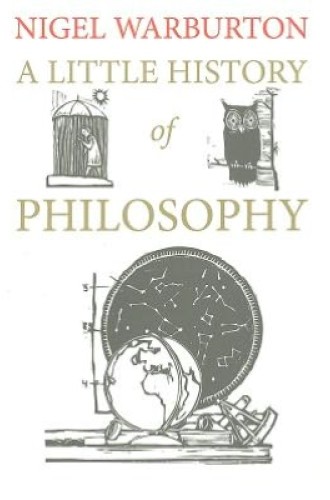A Little History of Philosophy, by Nigel Warburton
Nigel Warburton is a senior lecturer for Britain's Open University, a service originated by the BBC to provide education via television to adults who had not gone on to higher education. A Little History of Philosophy is focused on that audience and on anyone else who knows little about philosophy except that it is, as Warburton says, "impenetrable and obscure." The aim of his "little history" is to lift the veil of abstraction and convolution that is so often the besetting flaw of philosophy's classic texts. He achieves that aim—but at a price.
Writing any history of philosophy requires two tasks: deciding what thinkers will be included and deciding how their complex works are to be elucidated.
Given that Warburton is presenting only a "little history," his selection of thinkers is certainly reasonable, though some inclusions and omissions will trouble those who are more familiar with the history of philosophy than the book's presumed readers. A philosopher might wonder why Darwin and Freud make it as philosophers, however influential evolution and psychoanalysis have been in science and culture. And what about Hannah Arendt? Is she a philosopher who belongs in the company of Aristotle and Kant?





